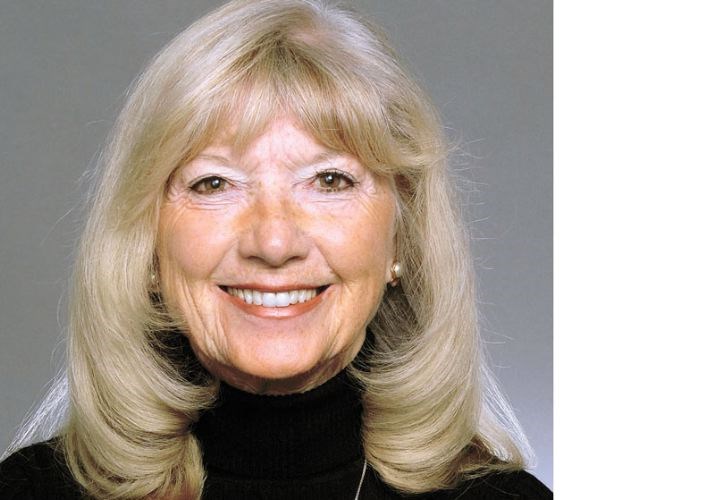Trustees came to Tuesday night's board meeting wearing at least one black garment to mark the sombre discussion around budget cuts.
Brenda Hooker, chair of the finance committee, said it would be difficult to deal with the $3.3 million shortfall School District 57 is facing this year.
"There's no possible way we can do that without affecting children and classrooms," Hooker said, adding it's frustrating that the focus is on taking away rather than being innovative.
Out of that, $727,000 must come from administrative savings, including the district office and in schools, following a province-wide government directive to cut $54 million in administrative services.
For Prince George, that represents $1.3 million over two years.
Former chair Sharel Warrington said it's time for the board to do a better job communicating to the public how deep the cuts go.
"This year has really reached a high point, or I guess a very low point," said Warrington, before the board unanimously passed her motion to develop strategies to raise awareness about the impact of the cuts.
"As long as we are the representatives of our board, of our community, we really do need to help our community, our public understand the challenges before us," Warrington said. "They are significant. We are not going to be able to solve this alone."
Starting May 1, when the provincial funding ends, upgrade courses offered by the district will cost $560. Starting Oct. 1, the fee will jump to $575, but any changes to fees will be reviewed on an annual basis. Other costs include a one-time $10 student service fee, $50 textbook deposit and $130 calculator deposit.
The motion passed 4 to 2, with Bob Harris and Warrington voting against the proposed fees.
Warrington said the ministry's move is fundamentally unfair to the community and its adults.
"We should not be complying with that."
The $80,000 revenue that we would generate from people who can't afford it, said Warrington, "I can't go down that road."
Harris said it would affect vulnerable people who are trying to improve their education ability to earn a decent wage.
"They were essentially living hand to mouth," said Harris, who worked with students accessing the Adult Basic Education upgrades when he was at the College of New Caledonia. "Very often I found that we were dealing with young moms and people in rural communities."
In February the College of New Caledonia's board voted to implement a $533 fee for its upgrade courses, typically offered under the College and Career Preparation program.
"I know that we're in a financial bind as a district and we're trying to find ways of saving money," Harris said. "I'm really reticent to follow the dictates of the ministry and shift part or all of the responsibility for making up the shortfall on this particular group of students."
The board heard the cuts represent about a 10 per cent loss to the district's funding for distributed learning and continuing education, offered through the Centre for Learning Alternatives (CLA).
The fees apply only to graduated adults, and the CLA would allow payment plans to offset the impact of the up-front fee.
Initially the plan was to remove courses entirely taught through the district, said CLA principal Chris Molcak.
But he said the CLA is the only school that provides a teacher-supported, self-paced and online approach in the Prince George area, so that will continue. The board heard if the motion to charge fees was voted, that the self-paced courses would not be offered.
The board also heard the province's changes mean that grants for low income learners would only be available to students enrolled in post-secondary programs, and wouldn't be available to students who access the school district's upgrades.
"I see this as a severe disadvantage," said Tim Bennett, who voted in favour of the motion but asked that a letter be sent urging grants be offered to school district students too.
Bennett noted it is especially unfair to rural schools where they don't always have the enrollment to offer courses like Physics 12 or Math 12 every year.
District 57's board previously made their concern known in the January meeting when they voted to send a letter to Education Minister Peter Fassbender opposing the shift.



